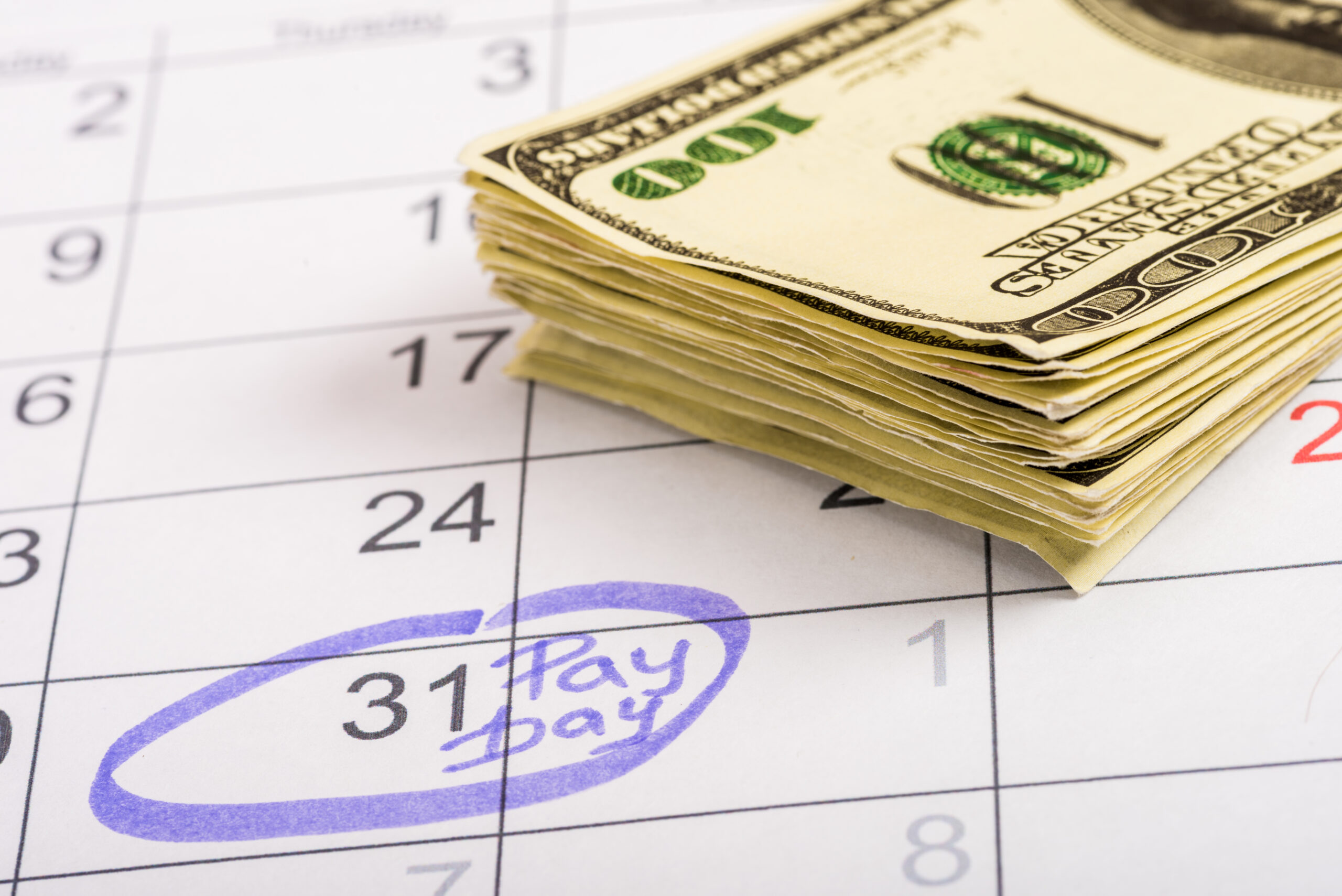Fixed vs Variable
Fixed Rate
A fixed-rate mortgage locks in your interest rate for the entire term of the loan, meaning your monthly payments will remain the same from start to finish. This stability eliminates the uncertainty of interest rate changes, allowing for predictable budgeting over the life of the mortgage.
While fixed-rate mortgages tend to have higher interest rates than their variable-rate counterparts, they offer the advantage of locking in a consistent payment. However, this can sometimes result in paying more interest overall, especially in periods when variable rates are lower than fixed rates. Additionally, fixed-rate loans often come with steeper penalties if you decide to pay off your mortgage early, unlike variable-rate mortgages, which generally have lower prepayment fees.
Variable Rate
A variable-rate mortgage means your interest rate can adjust over time, often tied to a reference rate like the prime rate. Because of this, the amount you pay towards interest and principal can shift with each payment. When interest rates rise, more of your payment may go toward covering interest, and your mortgage could take longer to pay off as a result.
If you’re okay with the uncertainty of future rate changes, a variable-rate mortgage could help you save money—especially if rates stay flat or drop in a typical market scenario.
Comparisons
Fixed-Rate Mortgage:
- Rate Stability: The interest rate is locked in for the entire term of the loan, meaning your monthly payments (principal + interest) remain the same throughout the life of the mortgage.
- Predictability: With a fixed rate, you’ll know exactly how much you’ll pay each month, making it easier to plan and budget long-term.
Variable-Rate Mortgage:
- Rate Fluctuations: The interest rate is tied to a benchmark (like the prime rate or LIBOR), so it can change over time. This means your monthly payments may fluctuate based on market conditions.
- Uncertainty: You might pay more or less in interest depending on how rates move during the life of your mortgage.
Monthly Payments:
- Fixed-Rate Mortgage:
- Consistent Payments: Your monthly payments (principal + interest) stay the same for the entire term, providing budgeting stability.
- Initial Payments: Your early payments will consist mostly of interest, with the amount going toward principal increasing gradually over time.
- Variable-Rate Mortgage:
- Fluctuating Payments: As the interest rate changes, so will your payments. When rates rise, your payments may increase, and when rates drop, your payments may decrease.
- Potential for Lower Initial Payments: Typically, variable-rate mortgages start with lower interest rates than fixed-rate loans, resulting in smaller initial payments.
Interest Rate Risk:
- Fixed-Rate Mortgage:
- Protection from Rate Hikes: You are insulated from market fluctuations. Even if interest rates rise during your mortgage term, your rate will stay the same, keeping your payments predictable.
- Limited Opportunity for Lower Rates: If interest rates fall, you won’t benefit unless you refinance to a lower rate, which can involve fees and paperwork.
- Variable-Rate Mortgage:
- Exposure to Rate Increases: If interest rates rise, your mortgage payments can increase, which could strain your budget and extend the time it takes to pay off the loan.
- Potential for Savings: If interest rates fall or remain stable, you could save money on interest over the life of the loan. In a low-interest environment, a variable-rate mortgage can be cheaper than a fixed-rate mortgage.
Long- Term Costs:
Fixed-Rate Mortgage:
- Higher Interest Over the Term: Fixed-rate mortgages tend to have higher initial rates than variable-rate mortgages, so if rates are low at the start, you might end up paying more interest over the long term.
- Predictable Overall Cost: The total amount you will pay over the term is known upfront, and it won’t change unless you make extra payments or refinance.
Variable-Rate Mortgage:
- Possibly Lower Long-Term Costs: In the early years, you may pay less in interest because of lower starting rates. If rates stay the same or decrease, your total interest paid over the life of the loan could be lower.
- Unpredictable Long-Term Costs: If rates rise significantly over time, you could end up paying more in interest than you would with a fixed-rate mortgage.
Prepayment Penalties:
- Fixed-Rate Mortgage:
- Higher Prepayment Penalties: Many fixed-rate mortgages impose higher penalties for early repayment or refinancing. This is because the lender is locking in a guaranteed return over a longer period.
- More Rigid Terms: If you want to pay off your mortgage early or refinance before the end of the term, you may face penalties.
- Variable-Rate Mortgage:
- Lower Prepayment Penalties: Generally, variable-rate mortgages come with fewer restrictions and lower penalties for early repayment or refinancing.
- More Flexibility: You can typically pay off your loan faster without incurring hefty penalties, giving you more flexibility to change your mortgage terms if needed.
Flexibility:
Fixed-Rate Mortgage:
- Less Flexibility: Fixed-rate mortgages are generally less flexible in terms of adjusting the interest rate or payment schedule. While they offer stability, they don’t adjust to changes in the market.
- Refinancing Required for Changes: If you want to take advantage of lower rates, you would need to refinance, which could come with fees and additional costs.
Variable-Rate Mortgage:
- More Flexibility: Some variable-rate mortgages allow for more flexibility in repayment, such as making extra payments or increasing your payment size without penalty.
- Rate Adjustments: If the market rate drops, your payment may decrease, saving you money over time without needing to refinance.
Best Fit for Different Homebuyers:
- Ideal for Risk-Averse Borrowers: Those who prefer stability and are uncomfortable with the idea of fluctuating payments will benefit most from a fixed-rate mortgage.
- Long-Term Homeowners: People planning to stay in their homes for the long term may prefer the stability of fixed payments, especially if they expect interest rates to rise in the future.
- Predictable Financial Situation: Fixed-rate mortgages are ideal for those with a predictable income who want to avoid surprises in their monthly payments.
- Variable-Rate Mortgage:
- Ideal for Risk-Tolerant Borrowers: If you’re comfortable with potential fluctuations in interest rates and payments, a variable-rate mortgage can be a good choice, especially if you expect interest rates to remain low or fall.
- Short-Term Homeowners: If you plan to sell or refinance in the near future, a variable-rate mortgage can offer lower initial rates, saving you money over the first few years.
- Financial Flexibility: If you have the financial flexibility to absorb potential increases in interest rates and payments, a variable-rate mortgage could be a good option for you.
When to Choose One Over the Other:
- Choose Fixed-Rate Mortgage If:
- You value stability and predictability in your monthly payments.
- You’re planning to stay in the home for a long time (e.g., 5+ years).
- You are concerned about potential interest rate hikes in the future.
- You have a stable financial situation and prefer peace of mind.
- Choose Variable-Rate Mortgage If:
- You are comfortable with some level of risk and are open to adjusting your budget if rates rise.
- You expect interest rates to remain stable or decrease.
- You plan to stay in the home for a shorter time (e.g., 3-5 years).
- You’re looking for a lower initial interest rate and can handle potential rate increases.
Interest Rate Comparisons:
Fixed-Rate Mortgages: Typically, fixed rates are higher when benchmark rates (like the prime rate) are low or rising. In a rising interest rate environment, fixed-rate mortgages provide peace of mind by locking in lower rates.
Variable-Rate Mortgages: Usually, variable-rate mortgages start with a lower rate than fixed rates. However, if interest rates increase in the future, variable-rate mortgage holders may end up paying more in the long run.
Conclusion:
Fixed-rate mortgages offer long-term stability and predictability, making them ideal for those who value security and expect interest rates to rise. However, they usually come with higher initial rates and less flexibility.
Variable-rate mortgages offer the potential for lower payments initially and savings if rates remain low or decrease, but they come with the risk of rising payments if market rates increase.
























